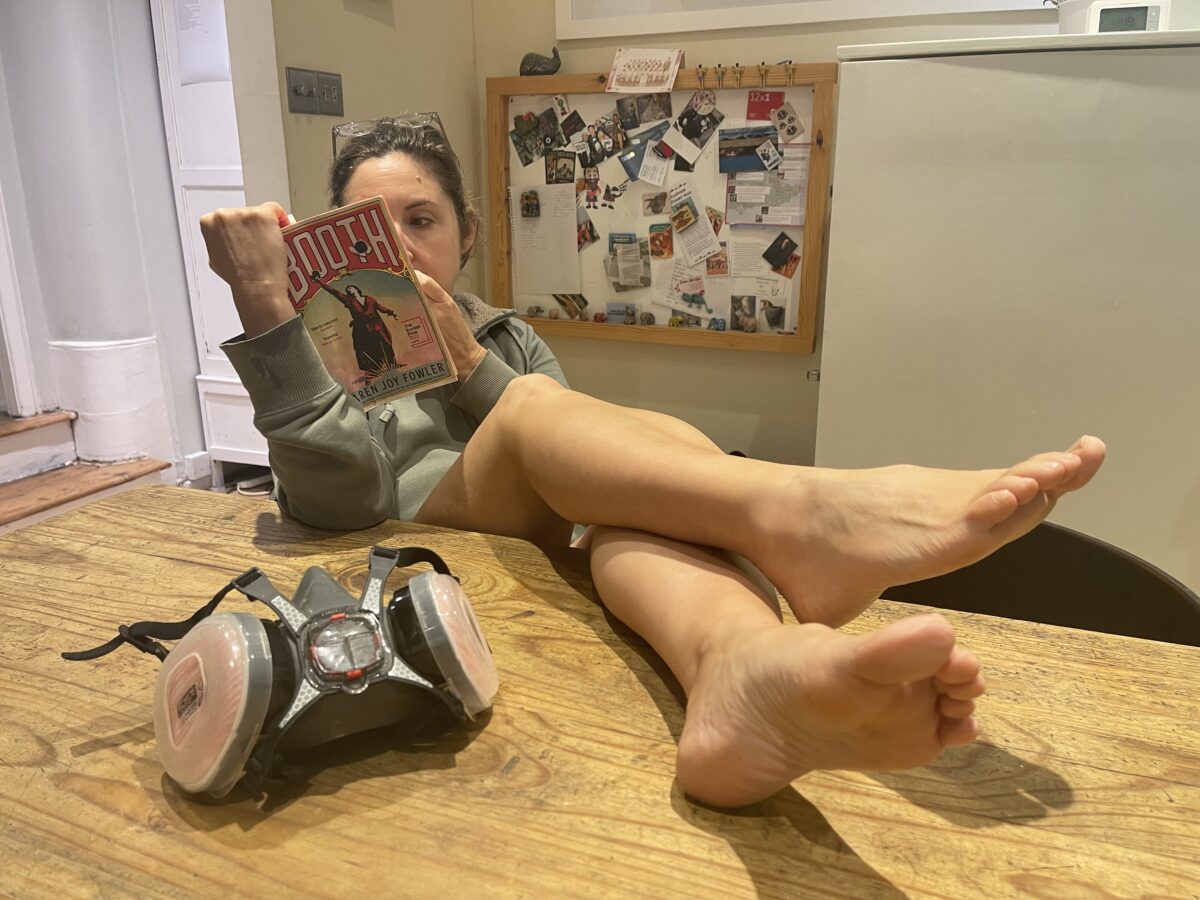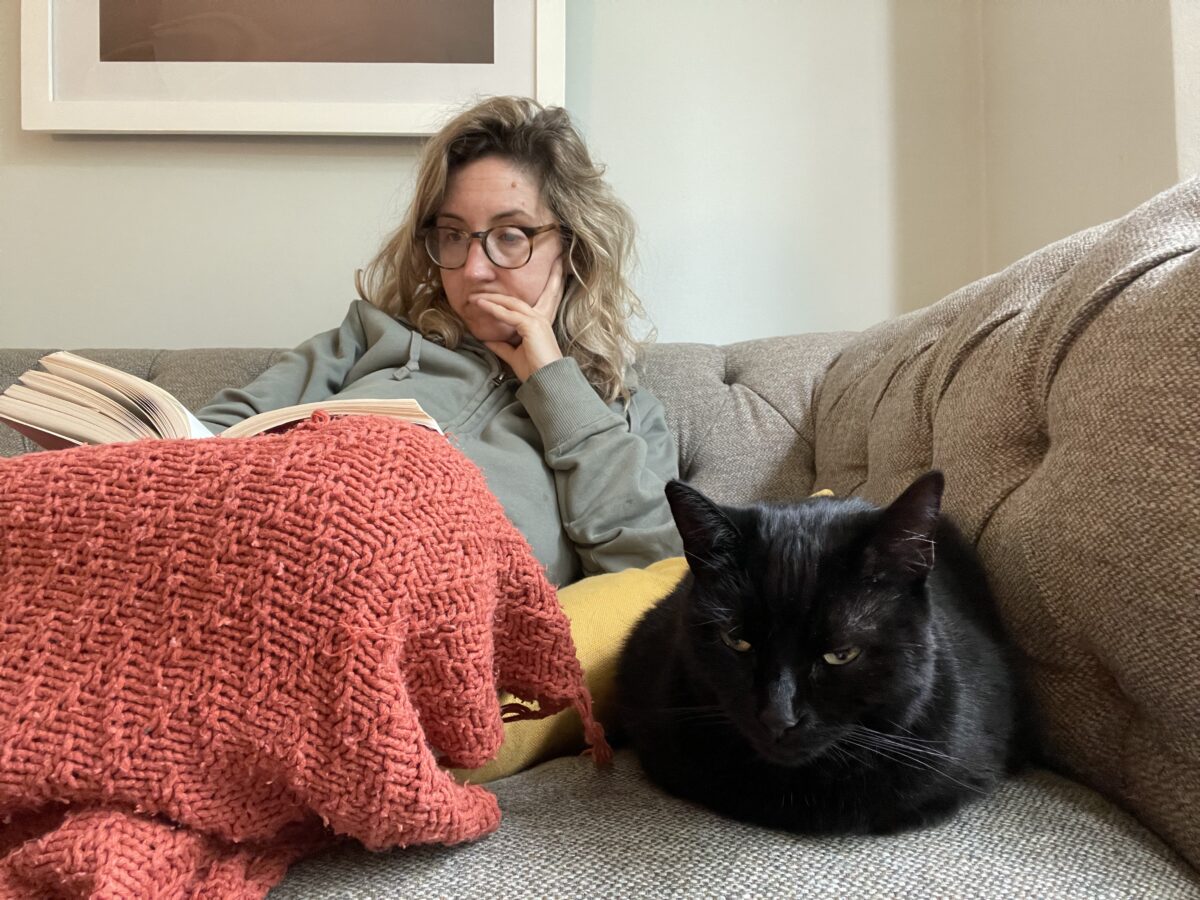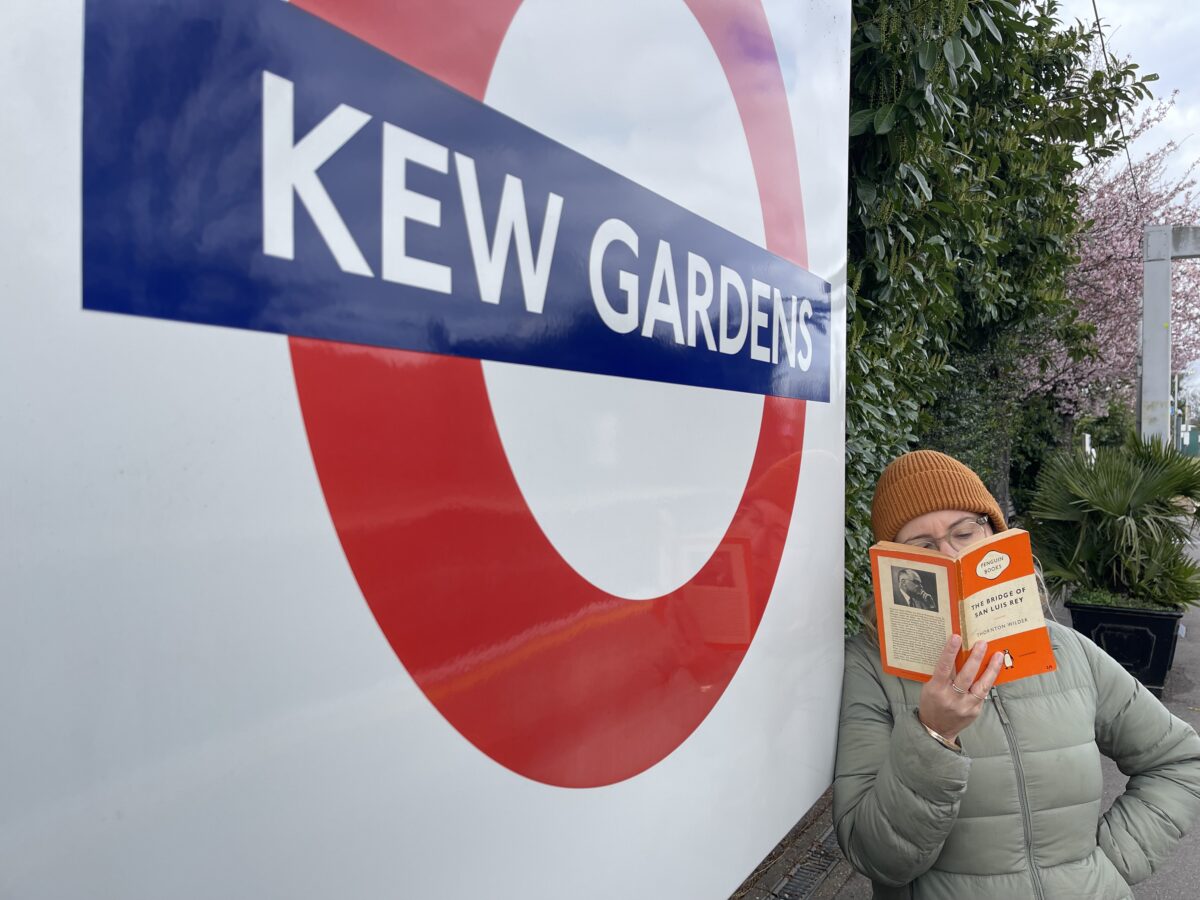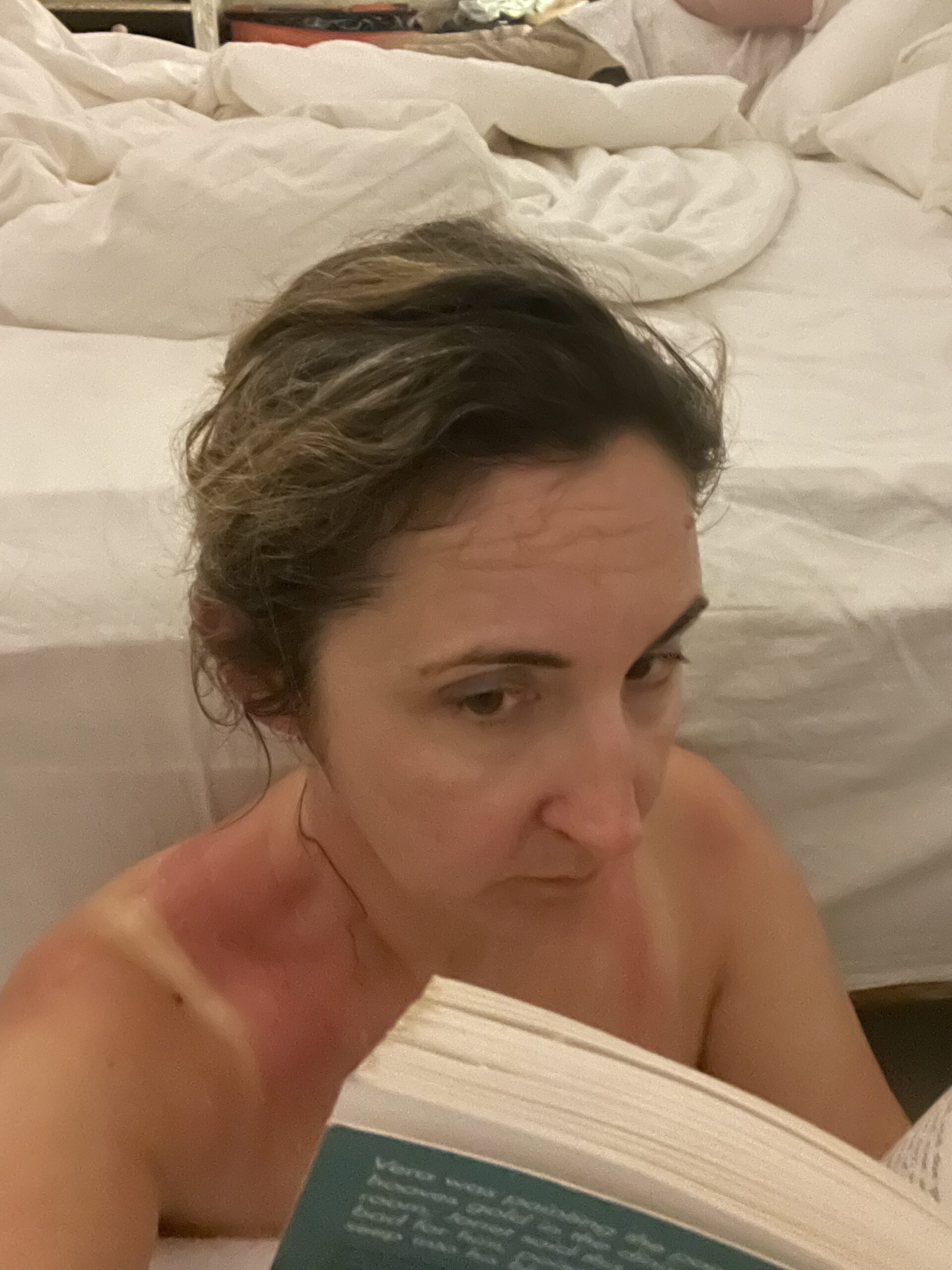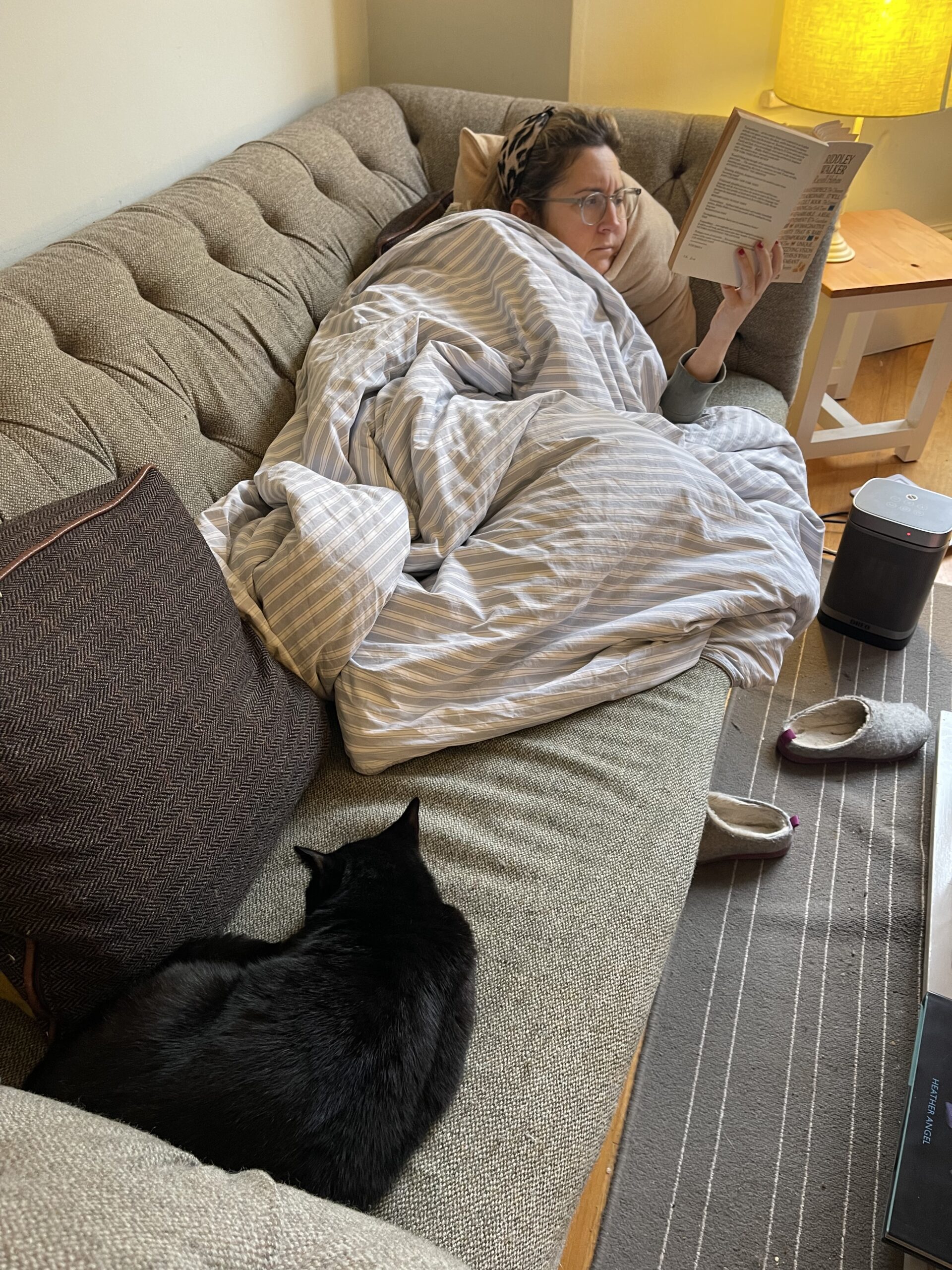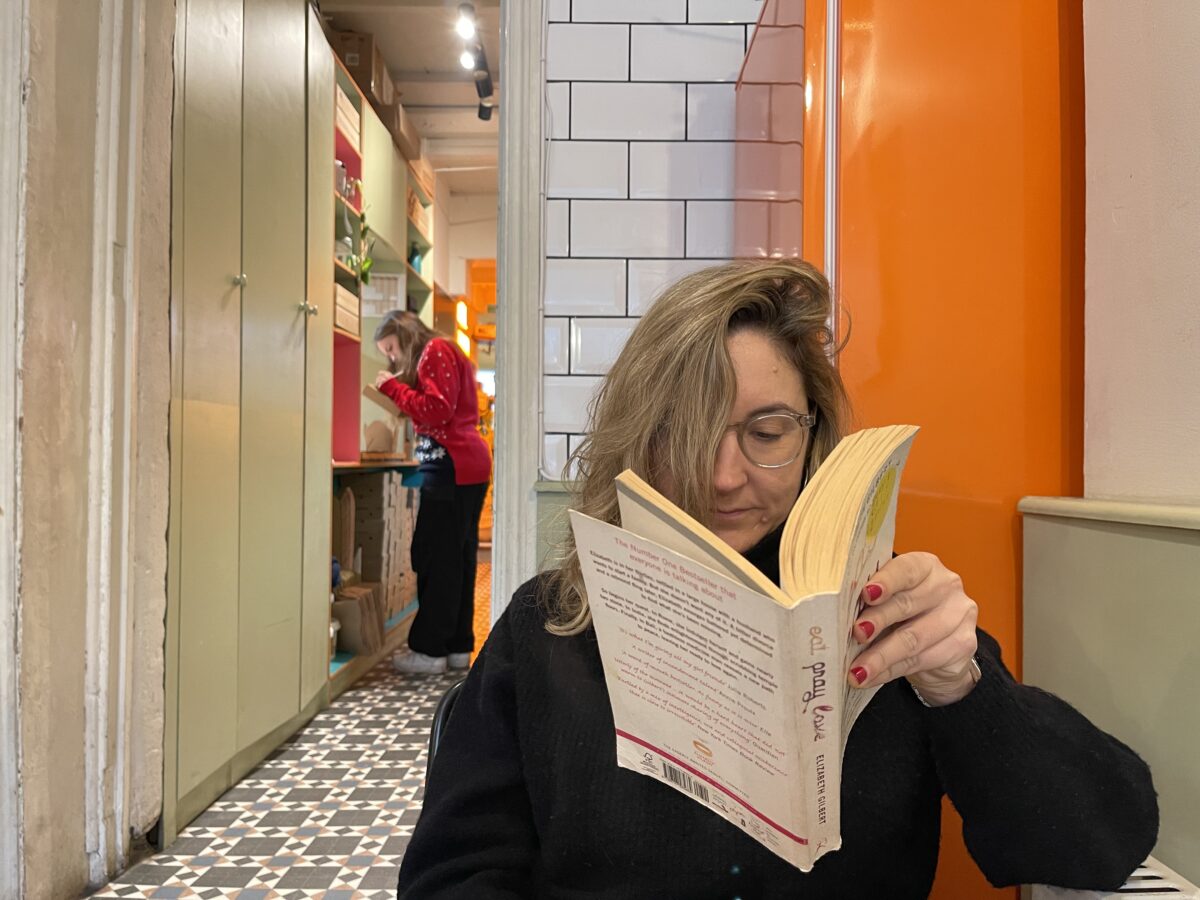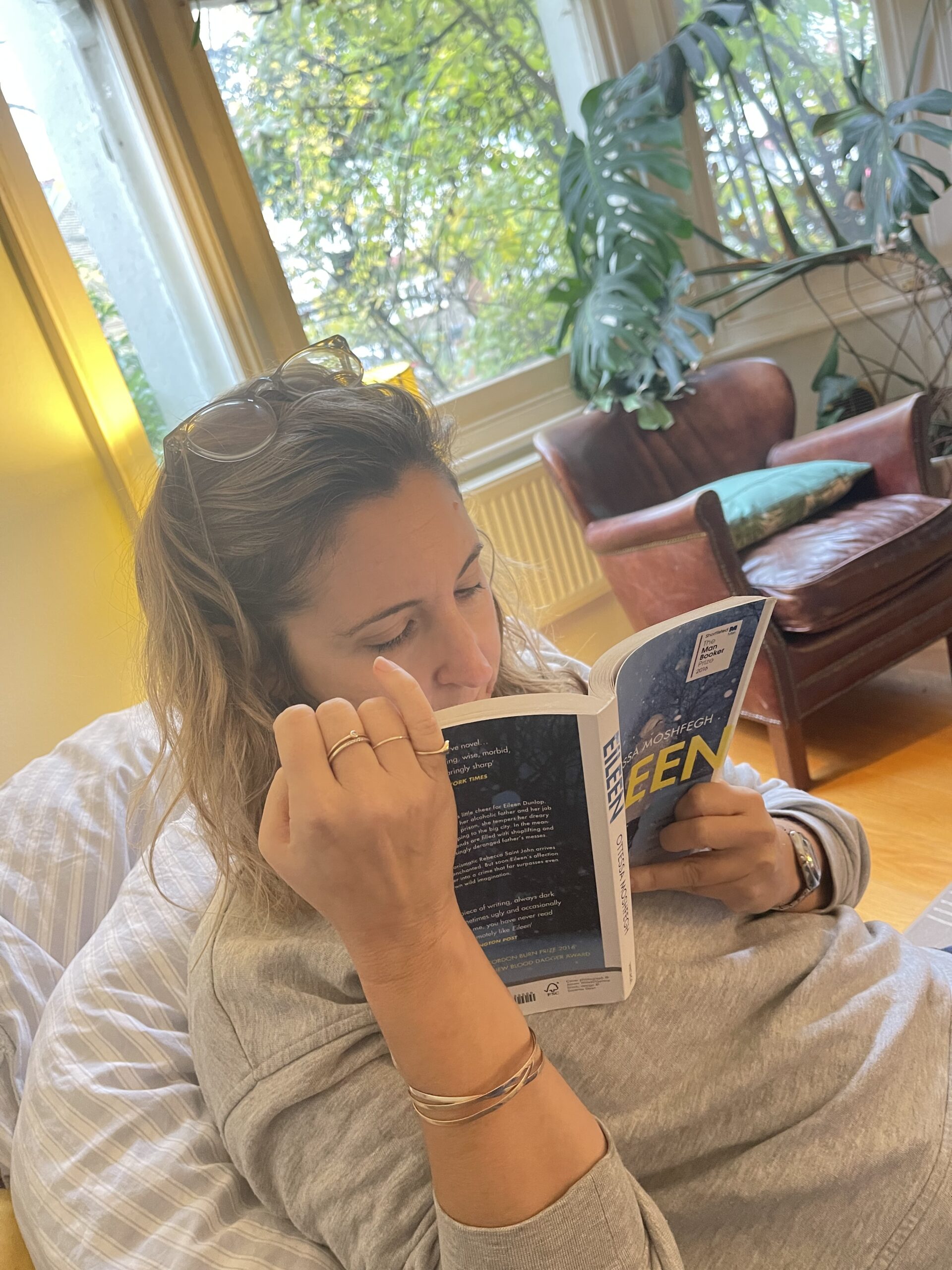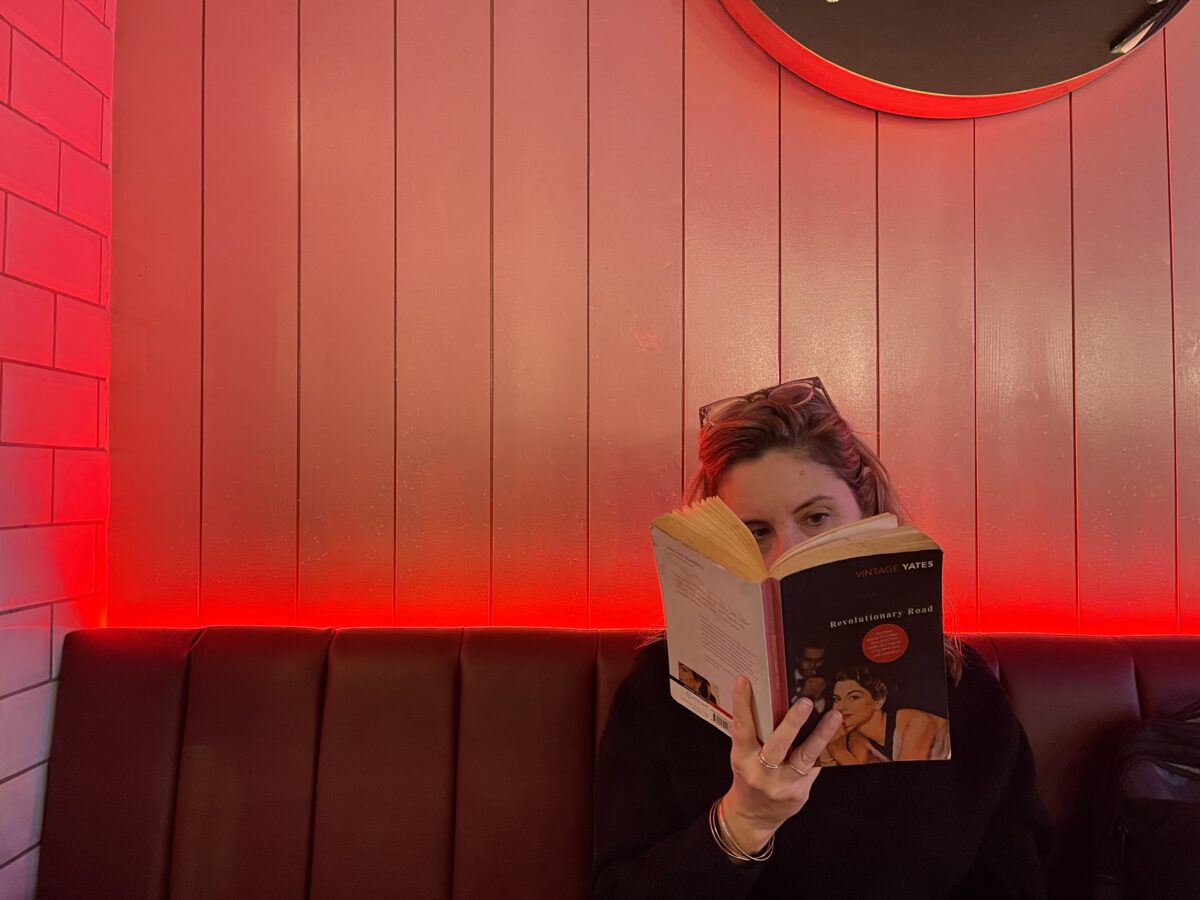I really liked this one. It is the story of the family of John Wilkes Booth, the man who assassinated Abraham Lincoln. It is a fiction, based on their actual lives, and their actual lives were extraordinarily loopy. Their father was a celebrated actor, who also seems to have been lightly crazy. He did a lot of physically attacking good friends, holding funerals for pigeons (?), and digging up his dead children to try and embrace them back to life (this I actually find not that crazy). His wife slogged her way through ten children, a good chunk of whom died of infancy, and much of the book is haunted by this loss. (This I wonder about: did people really feel this way when children were so much less voluntary than they are today?)
Then we find out that the wife is not really the wife, and he has a wife in England, who comes over to Maryland and spends her time following the family around loudly declaiming they are whores and bastards. I do find this a cool thing to do, and if I am ever betrayed I will 100% be following this path and not being suckered into having ‘dignity.’ I would much rather have revenge.
We are very close to the perspectives of three of the siblings, two of Wilkes sisters and the brother Edwin (who goes on to be a very famous actor himself), but not actually ever to Wilkes. It is kind of interesting to see how his family do not realize that Wilkes is drifting into extremism. It is in that way a very modern story. But the heart of the story is really not at all the assassination, but more a picture of family life in nineteenth century America, and it is compellingly lively and interesting. Try this, after Edwin’s young wife dies:
He leans forward, elbows on his knees, head in his hands. He closes his eyes. He hears birds, the murmured stream of conversations, children laughing as they run. It’s a peaceful scene, offensively so. He rejects it, this thin skin of happiness over the dismal world. Say good-bye to it, Hattie, and go straight to God. I’m going to need you there, making me coffee and toast, when my turn comes.
It was a very complete world. This last paragraph of the book was I thought great, maybe because it summed up the whole sweep of the thing:
More than a century has passes since they clapped and shouted and cheered him. All of them, every person in every seat in every theater, now dead. One by one, they go, winking out of existence. The enslaved . . . though only ten years old I sold for . . . and the free, the civilians, the soldiers . .. wherever they fired on our boats we burnt everything that would burn . . . the spies, the thieves, the overseerers, the auctioneers, the nurses . . I have forgotten how to feel . . . the clerks and the clergy, the critics, the poets and politicians, the profiteers, the postboys, the lion tamers, the pigeon killers, the mummers, the mourners, the farmers, the famous, the failures, the fortunate, the fallen, Frederick, Mary Ann, Elizabeth, Henry, John, June, Asia, Rosalie, Edwin, Joe. One by one, they go.

